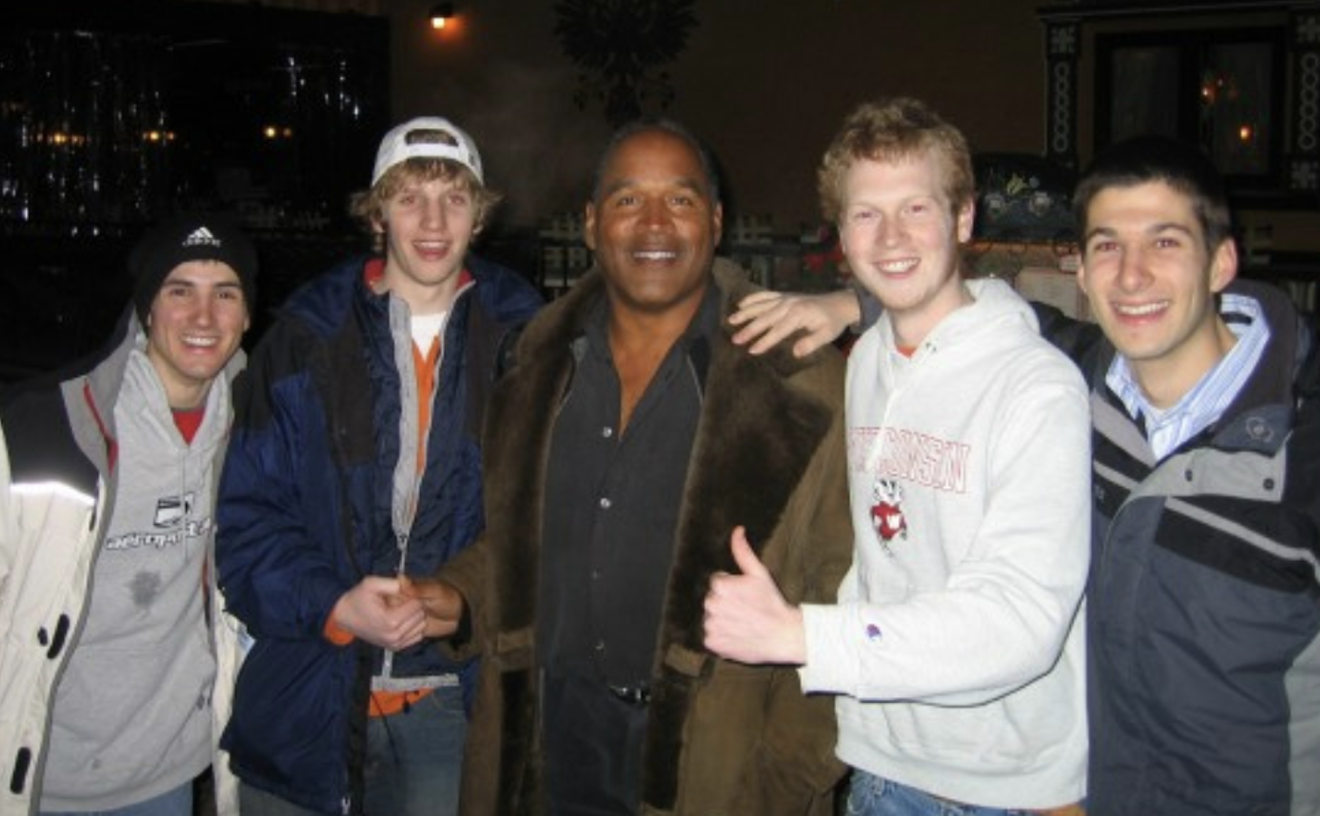Justin Marceau doesn’t eat animals. He represents them.
And starting this fall, he will teach University of Denver law students to do the same, thanks to the school’s new Animal Legal Defense Fund (ALDF) Professorship. Marceau is the first recipient of the professorship, which DU says is the only position of its kind in the country.
Unlike Jennifer Edwards of the Animal Law Center (see our cover story, "Animal Law Is a Growing Field Because of Conflict Between Humans & Non-Humans") a meat-eater who makes sure her dinners are humanely raised, Marceau, a vegan, doesn’t work in the animal-law trenches defending biting dogs and overweight pigs. His work has primarily been on big-picture cases that deal with how animals are treated in the law. For example, he’ll serve as an expert in a pending case filed in New York arguing that two research chimps, Hercules and Leo, are “autonomous and self-determining beings” who shouldn’t be imprisoned against their will. The lawyer, Steven Wise of the Nonhuman Rights Project, has requested that Hercules and Leo be granted a writ of habeas corpus, which is used to protect people from being unlawfully held. In granting a writ, the court would essentially be saying that chimps are people in the eyes of the law.
Marceau has been on the faculty at the DU Sturm College of Law for eight years. His primary specialties are criminal law and constitutional law, but he’s long been interested in animals. He grew up in rural Montana and spent time on a family farm. In law school at Harvard in 2004, he took one of the few animal-law classes that were offered in the country at the time.
“It was only at 8:30 a.m. on Fridays,” he recalls. “My now-wife was like, ‘There’s no way you’ll go to that class.’ And I was like, ‘No, I’m interested!’”
Marceau began doing pro bono work for animal-rights organizations, which led him to the California-based ALDF, a leading organization in the fight to elevate the legal status of animals. He’s currently working with the group on a pair of cases challenging so-called ag-gag laws in Utah and Idaho, which make it illegal to take photos or videos at factory farms and slaughterhouses. Executive director Stephen Wells says the DU professorship was “a natural progression.”"The most valuable thing we can do is come up with creative ways to use the law.”
tweet this
“We saw the opportunity, and the university was interested in creating a chair specializing in this,” Wells says. “It’s another opportunity to work with a law school to get invested in the field.”
ALDF has partnered with other schools in the past, most notably on the Center for Animal Law Studies at Lewis & Clark Law School in Oregon, which allows students to specialize in animal law.
DU is hoping that Marceau’s new position will help meet a growing demand from its own students. “Law students often ask about how they can get involved in this type of work,” Sturm College of Law dean Martin Katz said in a statement. “We are tremendously excited to partner with the Animal Legal Defense Fund on this unique professorship.”
And Marceau thinks Colorado is an excellent place for it. “It makes a lot of sense for wildlife issues,” he says. He’s hopeful that the position will bring some of the animal-law focus from the coasts, where it’s traditionally been, into the middle of the country.
“The most valuable thing we can do is come up with creative ways to use the law,” says Marceau, who will encourage his students to brainstorm brand-new legal theories. “What haven’t we thought of? What’s the next big idea, and how can we actualize that into a case? What legislation or litigation can be brought that will disrupt how animals are viewed?”











